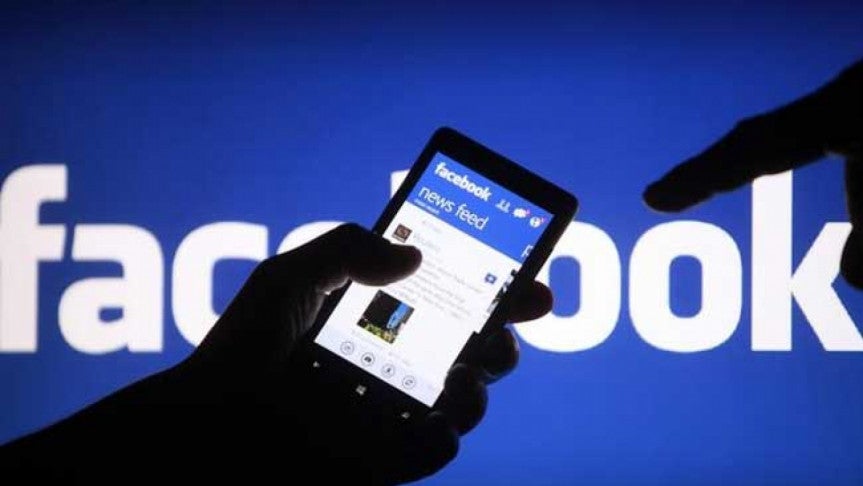Troublemakers on Facebook can make your real life hell

London: If you find that you just can't "unfriend" your well connected friend on Facebook because he may make your real life hell, your are probably right. According to researchers, socially well connected people may become online troublemakers on Facebook for those who avoid them.
Online troublemakers tend to be socially well connected, said a team from Nottingham Trent University in Britain, adding that some Facebook users remain friends online with troublemakers because they are worried about the repercussions if they "unfriend" them.
People are spending more and more time online making them more vulnerable to potentially damaging social tension and disagreements.
"Our study explored the characteristics of people who might be more likely to cause this sort of trouble in an online social network," said Sarah Buglass from the school of social sciences.
The team analysed the online relationship characteristics of 5,113 network contacts from 52 Facebook users aged 13 to 45 years.
The participants were asked to rate 100 randomly sampled Facebook "friends" from their networks in terms of online disagreement (with self and others), relational closeness and communication frequency -- online and offline.
This implied that Facebook users might be keeping an eye on provocative friends in a bid to avoid confrontation themselves. Online disagreements were more frequent in the 19 to 21 year old group.
“It appears that they don't want to communicate with the troublemakers online for risk of damaging their own reputation, but, at the same time, they don't appear to want to unfriend them either," Buglass noted.
"The social repercussions of unfriending someone reach far beyond the boundaries of the online network. People don't want to risk offline tension with their friends, family members or colleagues by disconnecting them from their online lives. Remaining online friends with troublemakers appears to be a social necessity for some," the authors noted.
The findings revealed that online troublemakers tended to be socially popular contacts who were known and in regular communication with the participants offline but not online.
The study was scheduled to be presented at the British Psychological Society's annual conference in Nottingham this week.

 IANS
IANS